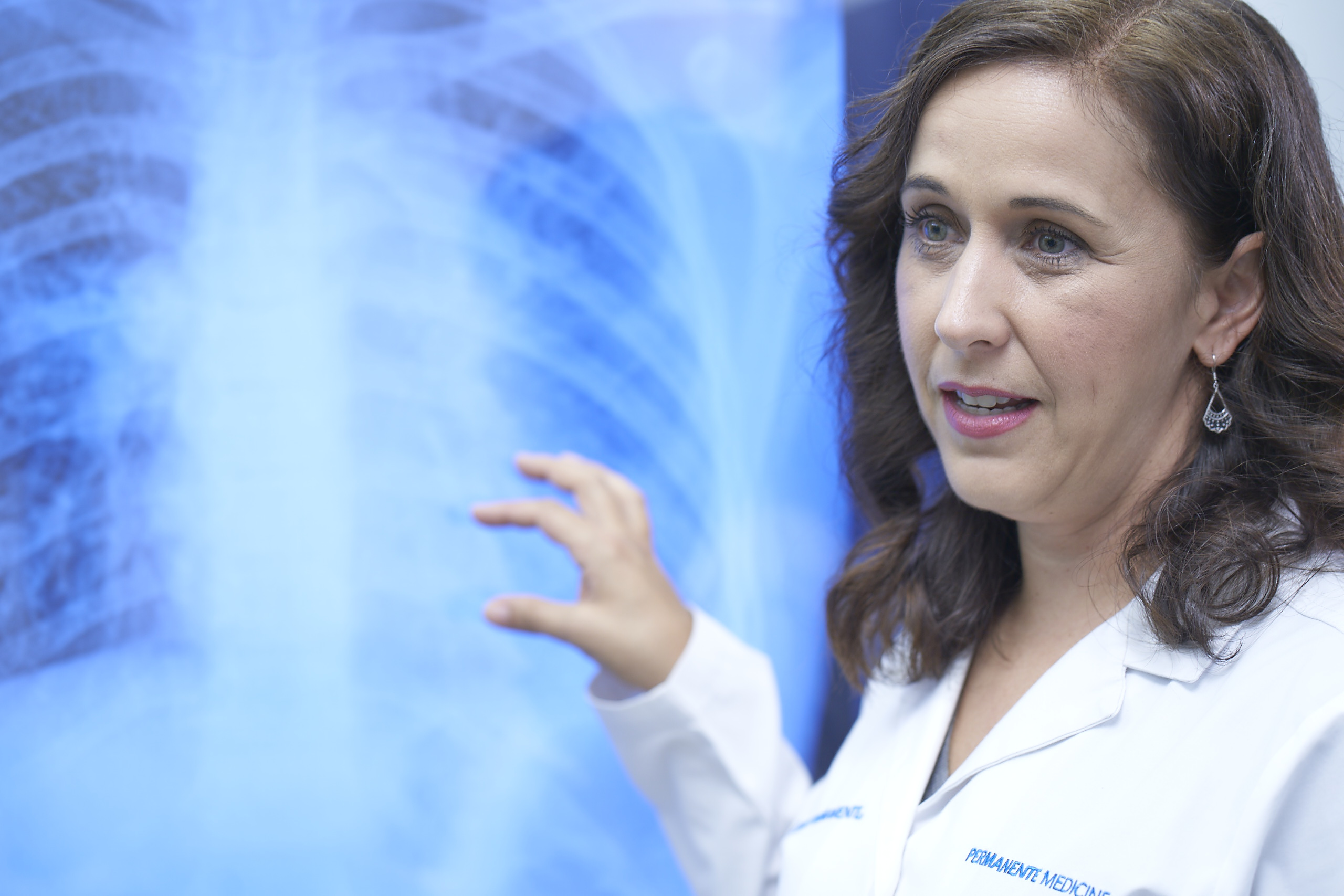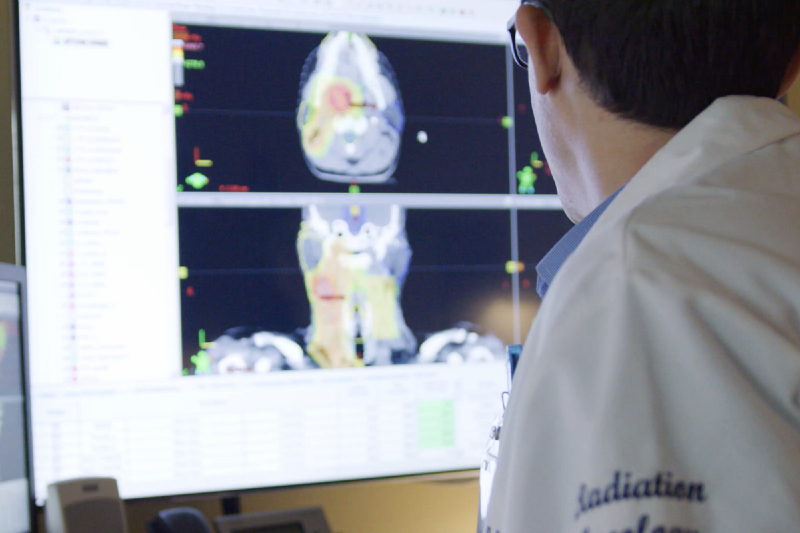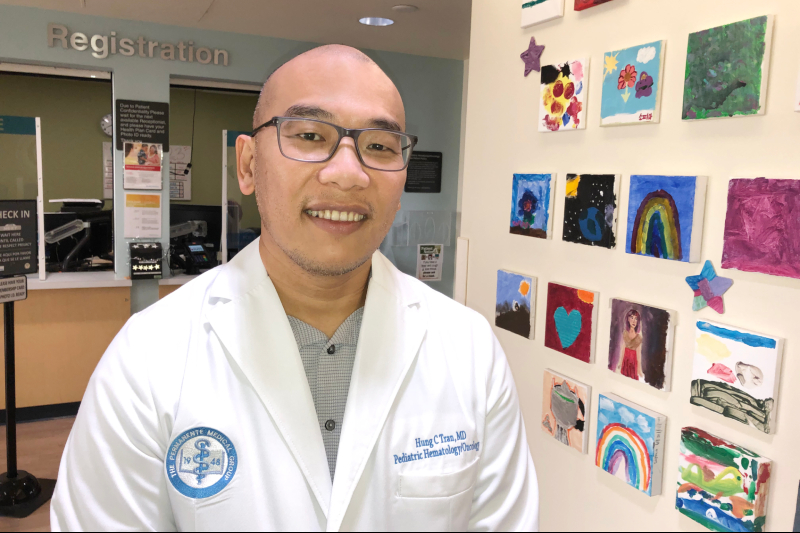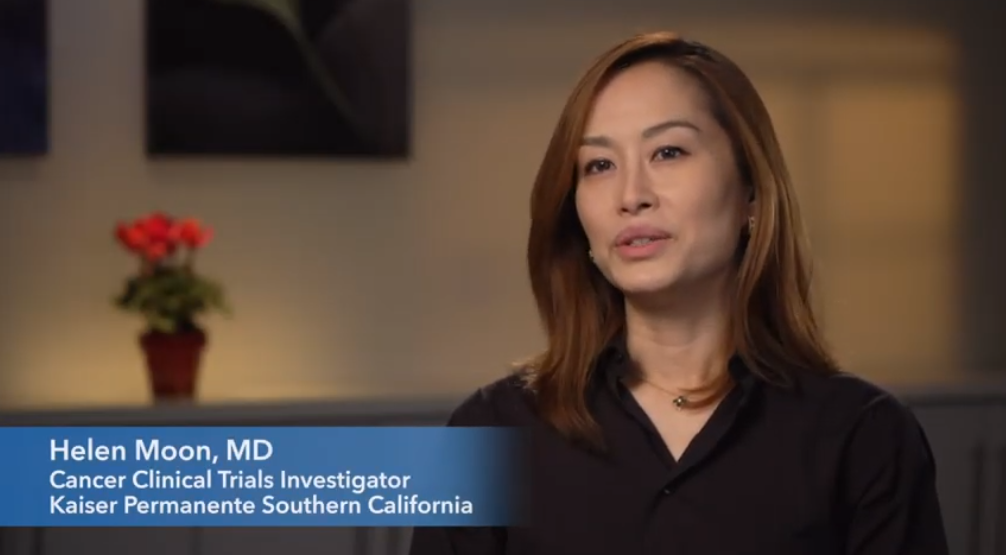An integrated care approach to genetic testing and counseling
When patients are dealing with a potential genetic diagnosis for serious conditions such as breast or ovarian cancer, the need for accuracy, clear information, and support is critical. At Kaiser Permanente, our integrated care model offers access to state-of-the-art genetic…







